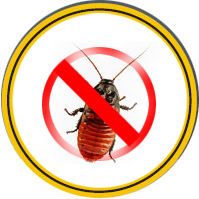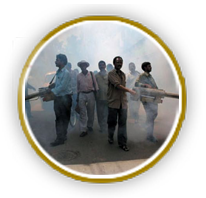



Fumigation
Fumigation is the application of a pesticide or chemical to a cargo in order to rid it of insects. The most common chemical used in fumigants is methyl bromide. A firm licensed by the government should handle fumigant, which can be toxic. Failure to do so can have disastrous consequences for the exporter with goods being refused entry at ports and in many cases having to be brought back to their country of origin until they have met the regulations. Neither the exporting nor importing business can afford to fail to meet the regulations laid down. Failure could cost you many thousands of dollars and potentially hold up time sensitive projects. Ultimately, it could do long term damage to your company’s reputation.

The rules and regulations covering the export of goods across the world have never been as tough or as confusing as they are today. A number of countries have their own existing regulations but many now are either introducing or planning to introduce a tough new set of rules.
The regulations, known worldwide as ISPM 15 and recognised by the World Trade Organisation, are intended to prevent the spread of pests and diseases throughout the world. It means that exports, however small or large being transported by air or by sea, in wooden packaging, must have undergone fumigation to rid the cargo of any insects.
To know more about Fumigation just send us your query.


